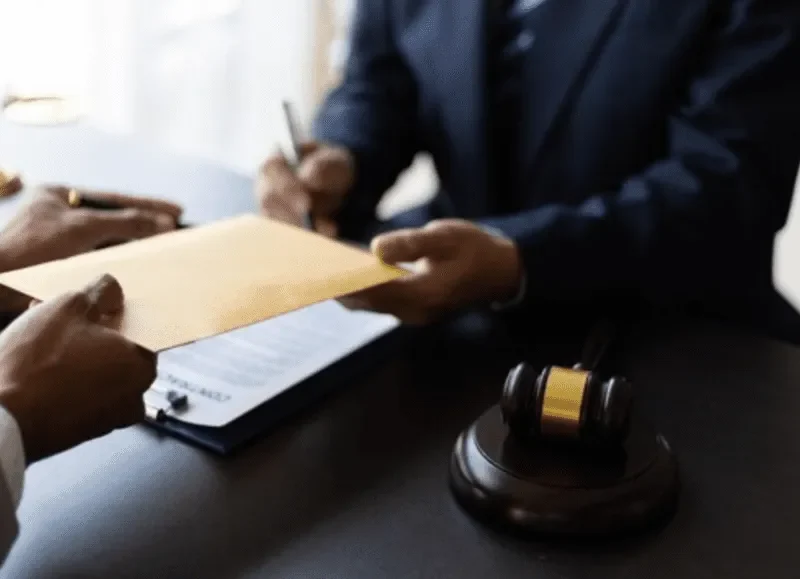Yes, it is illegal to falsely accuse someone of a crime in the United States. Making false accusations can result in severe legal consequences, including criminal charges and civil liability. These accusations not only harm the person being accused but also undermine the justice system.
Legal Framework Surrounding False Accusations
- Criminal Laws Against False Accusations
- False Reporting to Law Enforcement: It is a criminal offense in all states to knowingly provide false information to police or other authorities, accusing someone of a crime they did not commit.
- Perjury: Making false accusations under oath, such as during a court proceeding or deposition, is perjury, a serious offense punishable by fines and imprisonment.
- Obstruction of Justice: False accusations can also fall under obstruction of justice if they interfere with an investigation or prosecution.
- Civil Liability
- Individuals falsely accused of a crime can file a civil lawsuit for defamation (libel or slander), which occurs when someone makes false statements that damage another person’s reputation.
- In some cases, victims may also sue for malicious prosecution or intentional infliction of emotional distress.
- Federal and State Laws
- While specific statutes vary by state, the legal principles prohibiting false accusations are consistent across the country.
Penalties for Falsely Accusing Someone
- Criminal Penalties
- Falsely reporting a crime can lead to misdemeanor or felony charges, depending on the nature of the accusation and its consequences.
- For example, accusing someone of a serious crime like assault or murder can result in harsher penalties, including imprisonment for several years.
- Civil Damages
- If sued for defamation or malicious prosecution, the person making the false accusation may be required to pay compensatory damages, covering the victim’s lost wages, legal fees, and emotional distress.
- In some cases, punitive damages may also be awarded to punish the false accuser.
Real-Life Examples
- High-Profile False Accusations
- There have been numerous cases where individuals falsely accused others of crimes like sexual assault, theft, or fraud. These cases often result in public backlash, legal battles, and damage to the accuser’s credibility.
- Consequences for Victims
- The accused person may face arrest, trial, job loss, or reputational harm before their innocence is established. This underscores the serious impact of false accusations.
Proving a False Accusation
- Intent and Knowledge
- To establish a false accusation, prosecutors must prove that the accuser knowingly made a false statement with the intent to harm or deceive.
- Evidence
- Evidence such as text messages, emails, or inconsistencies in the accuser’s statements can help demonstrate that an accusation was fabricated.
- Legal Representation
- Victims of false accusations should seek legal representation to defend against charges and potentially pursue a civil lawsuit.
Preventing False Accusations
- Education and Awareness
- Public campaigns to educate individuals about the consequences of false accusations can deter such behavior.
- Legal Deterrents
- Strict enforcement of laws against false reporting and perjury serves as a deterrent.
Common FAQs
Q1. What happens if someone makes a false police report?
Ans: They can face criminal charges for filing a false report, resulting in fines, imprisonment, or both.
Q2. Can you sue someone for falsely accusing you of a crime?
Ans: Yes, you can file a defamation lawsuit for reputational harm or a malicious prosecution lawsuit if the accusations led to criminal charges.
Q3. Is it perjury to falsely accuse someone?
Ans: Yes, if the false accusation is made under oath, it constitutes perjury, a criminal offense.
Q4. How can I defend myself against a false accusation?
Ans: Gather evidence to prove your innocence, hire an attorney, and, if appropriate, counter-sue for defamation or malicious prosecution.
Q5. Can someone accidentally falsely accuse someone without facing penalties?
Ans: If the false accusation is made in good faith, without knowledge of its inaccuracy, it may not result in penalties. Intent is a key factor in legal consequences.
Conclusion
Falsely accusing someone of a crime is not only morally wrong but also a serious legal offense with criminal and civil consequences. The law protects individuals from such harm, ensuring that those who make false accusations are held accountable. Victims of false accusations are encouraged to seek legal advice to protect their rights and reputation.

